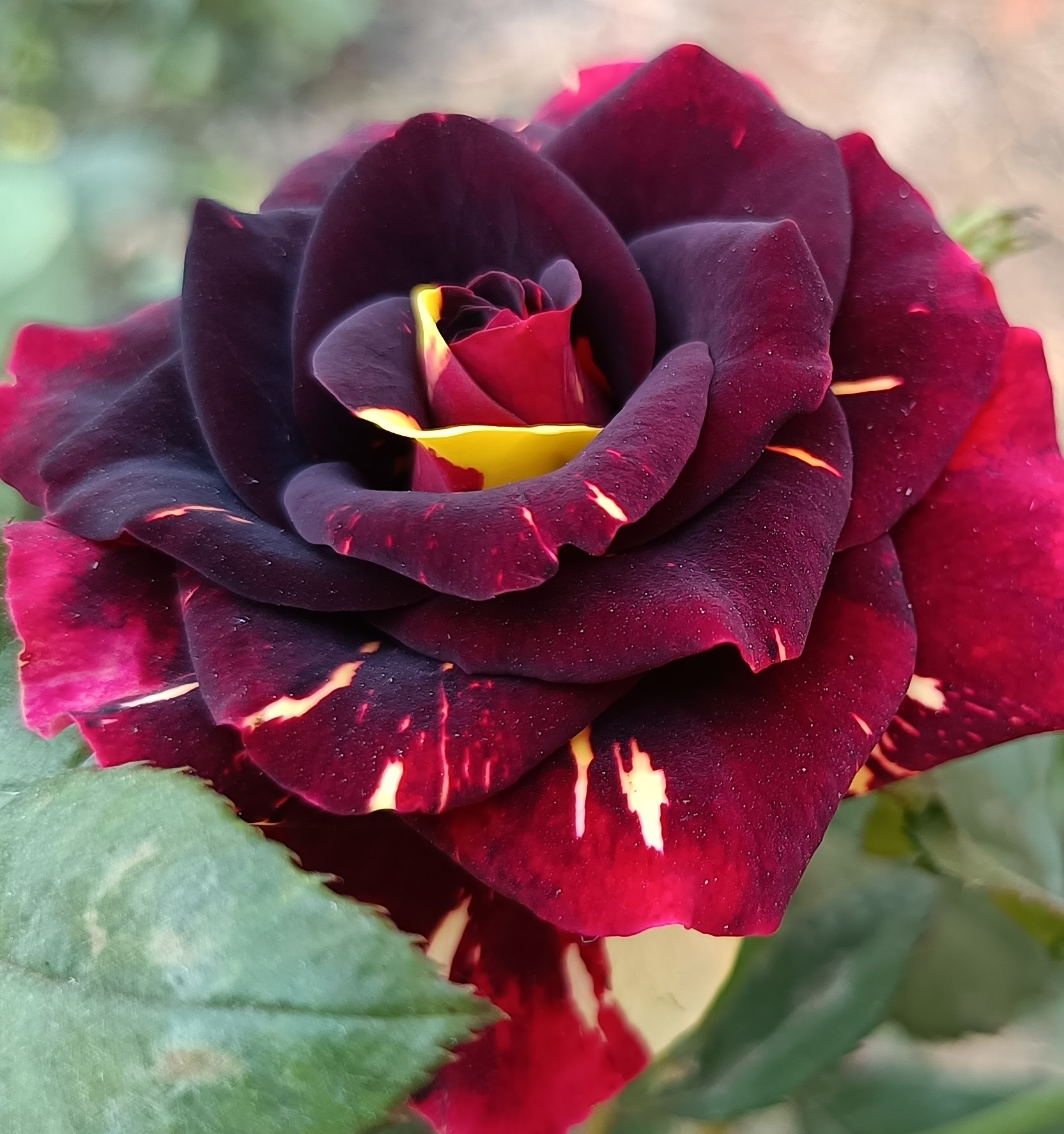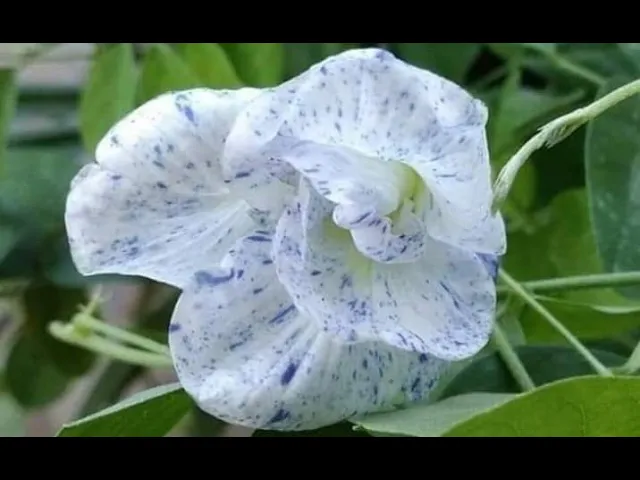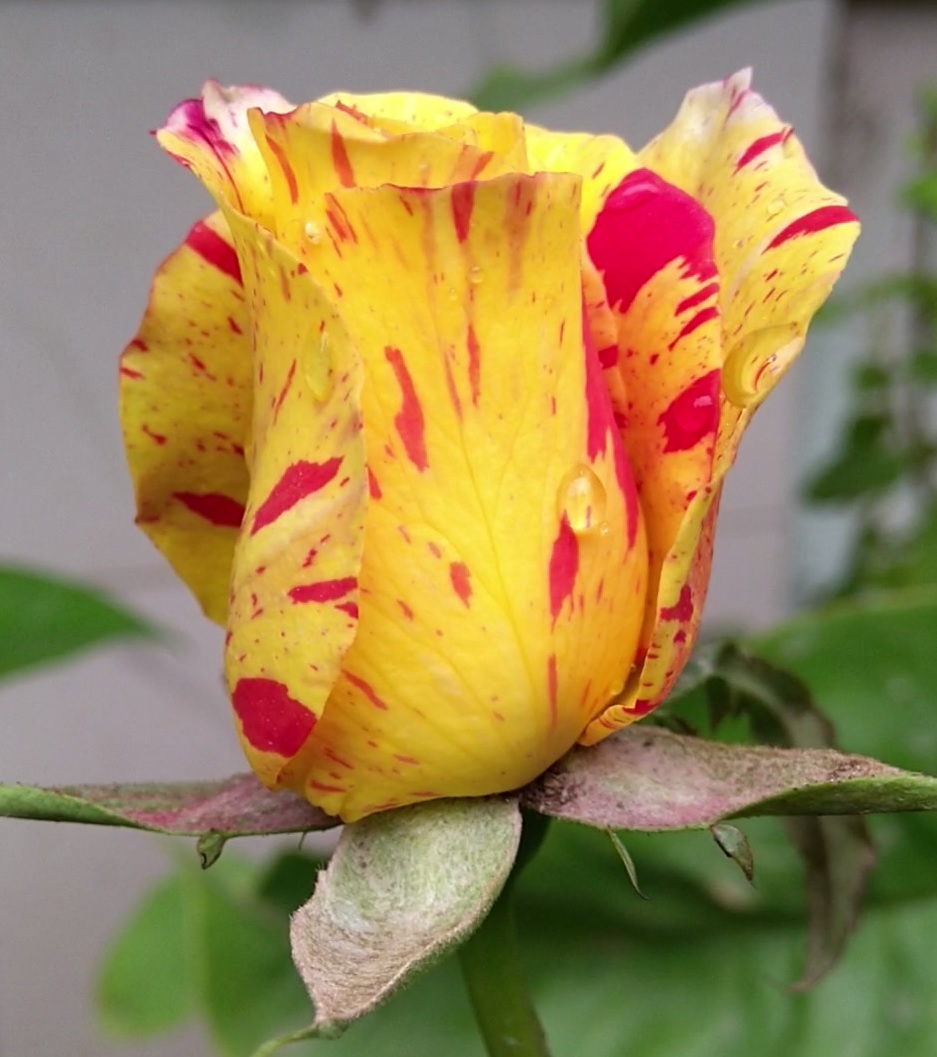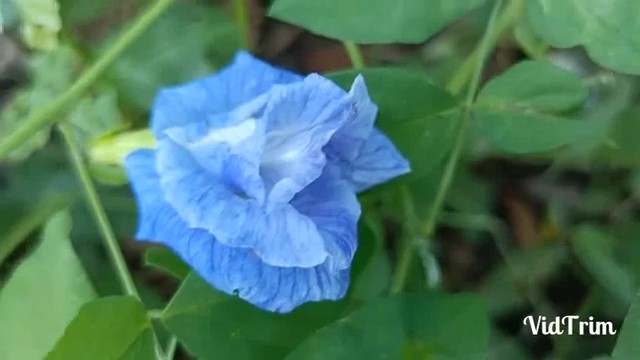Dhatura :- Dhatura Plant |
Datura is a poisonous, vespertine-flowering plants. It is
also known as devil's trumpets. Other English common names include
moonflower, devil's weed, and hell's bells. .
How to Grow and Care Dhatura Plant :
Dhatura , also known as Dhatura or Chinese lantern, is a beautiful
flowering plant that can be grown indoors or outdoors. Here are some
tips on how to grow and care for Dhatura :
- Datura, also known as "devil's trumpet" or "angel's trumpet," is a beautiful flowering plant that is known for its striking, trumpet-shaped flowers and intoxicating fragrance. However, it's important to note that Datura plants contain toxic compounds and should be handled with care. Here are some guidelines to help you grow and care for a Dhatura flower plant:
- Choose the right location: Dhatura plants thrive in full sunlight, so select a location that receives at least 6-8 hours of direct sunlight per day. Ensure that the soil is well-drained and fertile.
- Planting: Plant Dhatura seeds or seedlings in the spring when the danger of frost has passed. Dig a hole that is slightly larger than the root ball of the seedling and gently place it in the hole. Fill the hole with soil and press it down firmly around the plant. Space multiple plants about 2-3 feet apart.
- Watering: Dhatura plants require regular watering to keep the soil evenly moist, especially during hot and dry periods. Water deeply, but avoid overwatering, as excessive moisture can cause root rot. Monitor the soil moisture and adjust the watering frequency accordingly.
- Fertilization: Dhatura plants benefit from regular feeding. Apply a balanced, water-soluble fertilizer once every two weeks during the growing season (spring and summer). Follow the instructions on the fertilizer packaging for the correct dosage and application method.
- Pruning: Prune Dhatura plants to maintain their shape and promote bushier growth. Remove any dead, damaged, or diseased branches or leaves as soon as you notice them. Pruning can also help control the size of the plant, as Dhatura plants can grow quite large.
- Mulching: Apply a layer of organic mulch, such as wood chips or straw, around the base of the plant to help conserve moisture, suppress weeds, and regulate soil temperature. Leave some space around the stem to prevent moisture-related issues.
- Pests and diseases: Dhatura plants can be susceptible to pests like aphids, spider mites, and whiteflies. Regularly inspect your plants for any signs of infestation, and if necessary, treat with organic insecticidal soap or neem oil. Proper air circulation and avoiding excessive moisture can help prevent fungal diseases.
- Handling precautions: It's important to note that all parts of the Dhatura plant, including the leaves, flowers, and seeds, contain toxic alkaloids. Take precautions while handling the plant, such as wearing gloves and washing your hands thoroughly afterward. Keep children and pets away from Dhatura plants.
- Harvesting: If you wish to collect seeds from your Dhatura plant, allow the flowers to wither and dry on the plant. Once the seed pods turn brown and begin to split open, carefully collect the seeds. Store them in a cool, dry place in a labeled container for future planting.
- Remember, Dhatura plants are toxic and should not be consumed or ingested. Exercise caution when growing them, especially if you have children or pets.
Propagating Dhatura Plant:
There are two ways. From seeds and cuttings. We can collect and keep
the seeds for next year. Normally seeds are collected in the winter
season. In the next year we can use those seeds to grow new plants .
There are certain types of Dhatura which does not produce seeds. They can be grown from cuttings or through grafting.
There are certain types of Dhatura which does not produce seeds. They can be grown from cuttings or through grafting.
Types of Dhatura :
There are may types of Dhatura flower. Mainly Dhatura
flowers comes in pink, yellow, white and black and combination of
white - pink is also available.
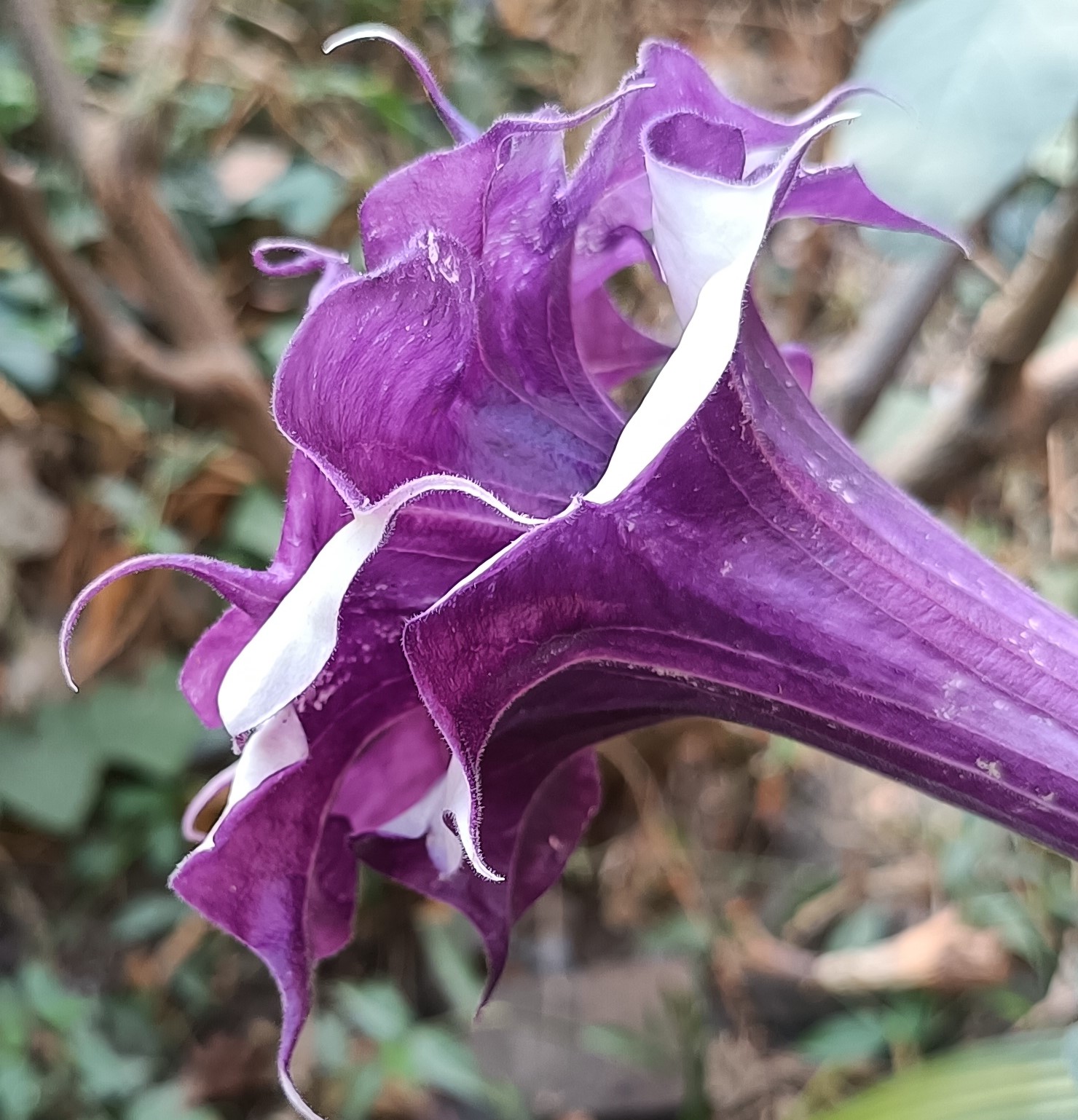
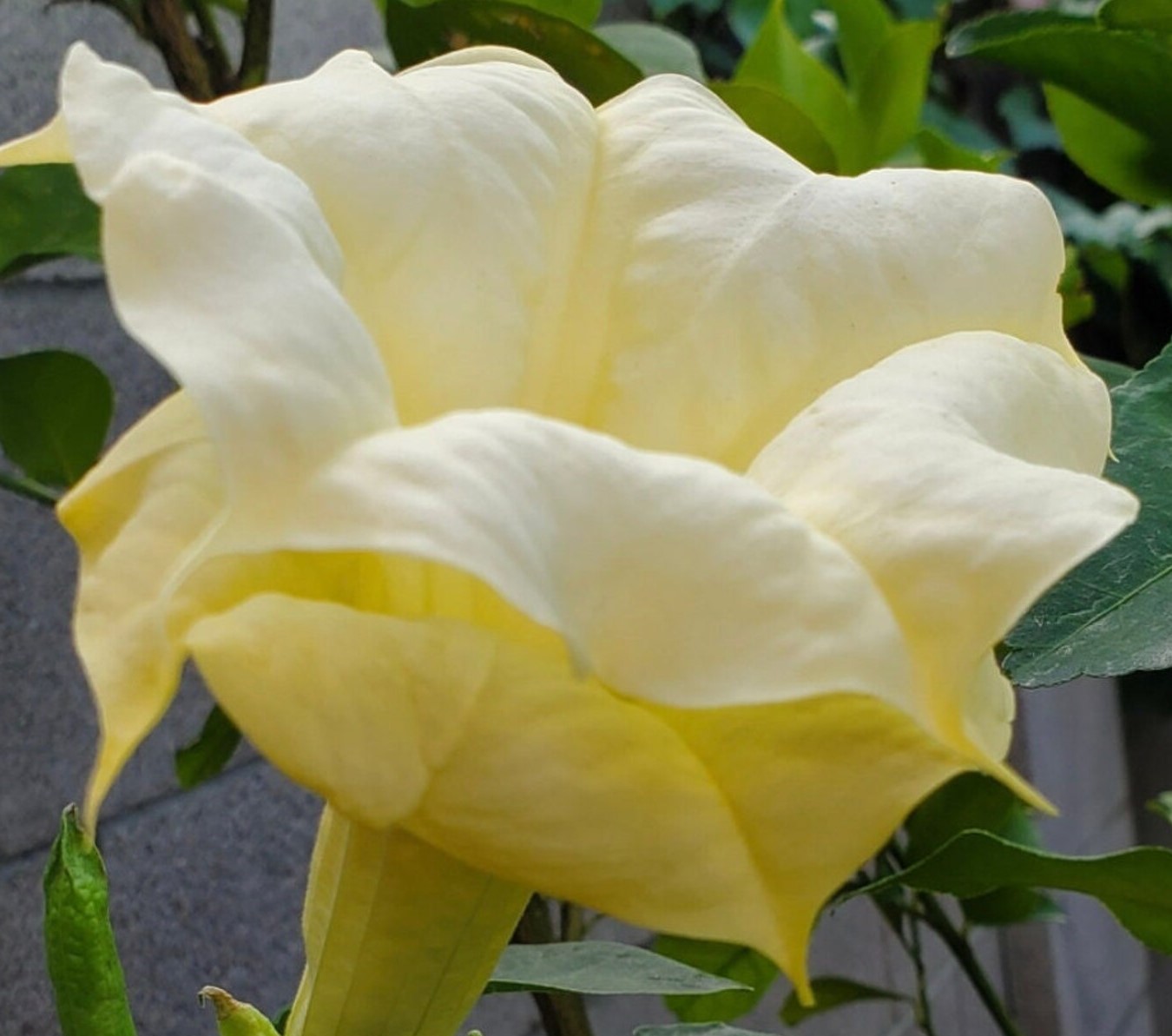
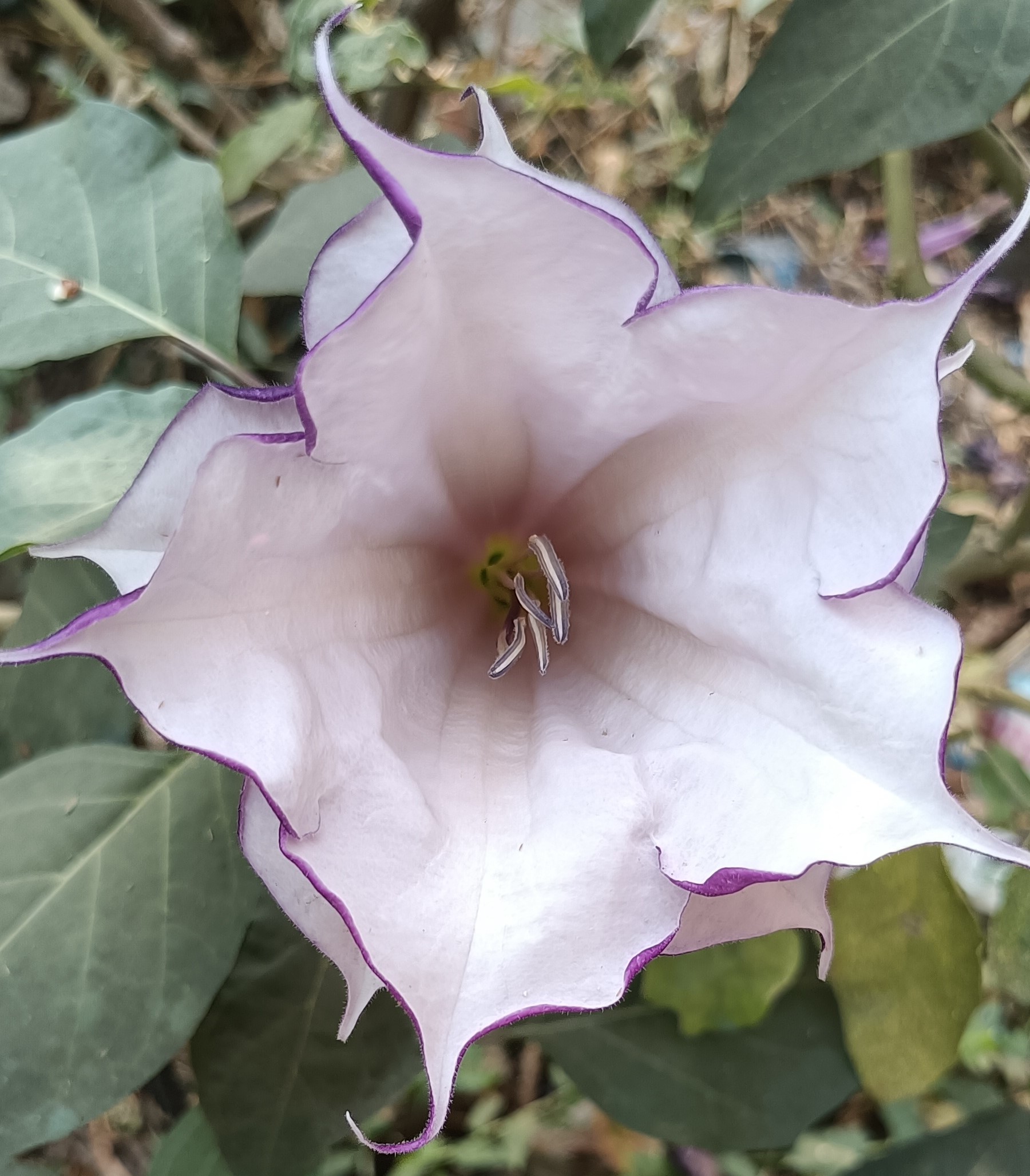
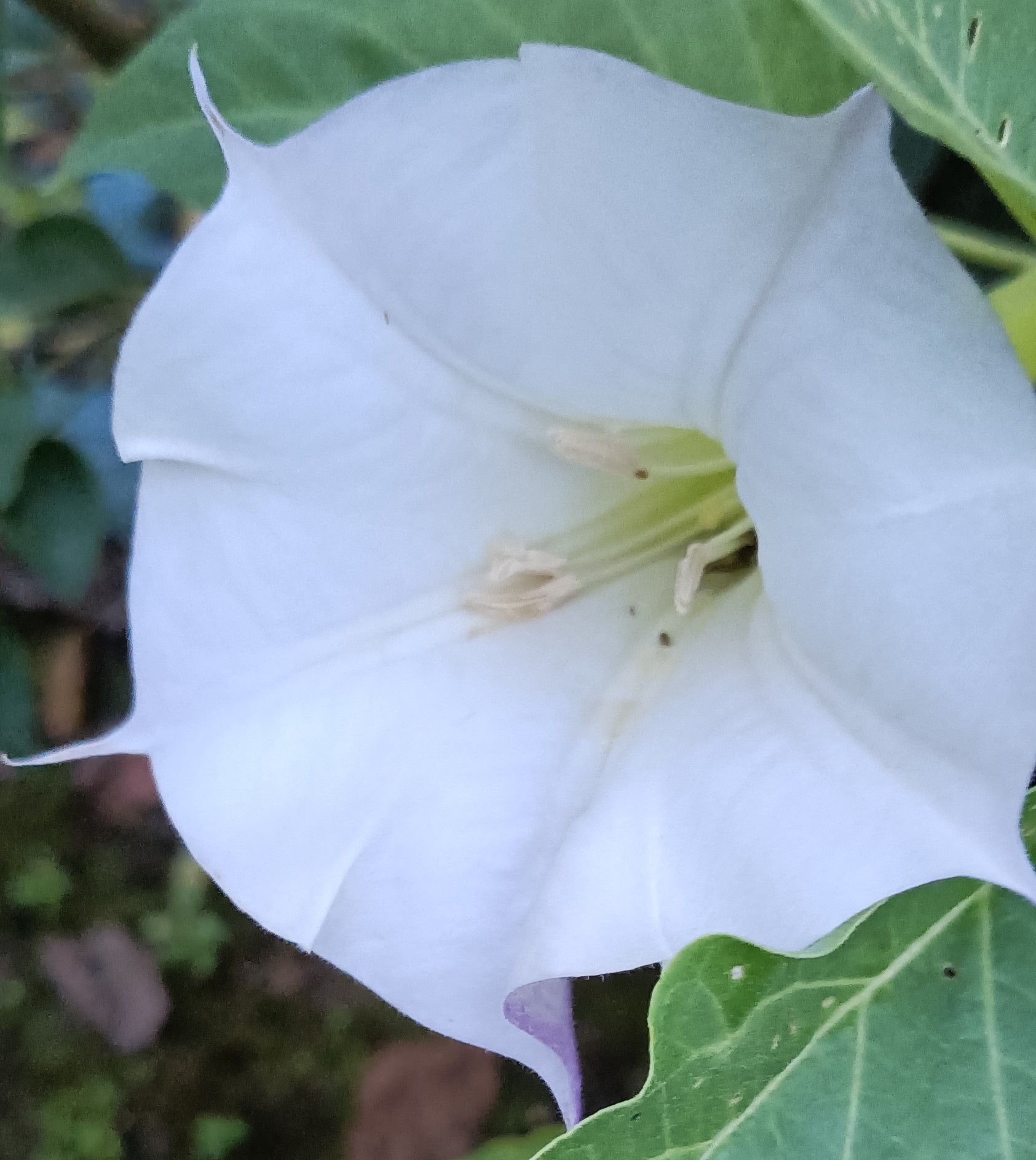

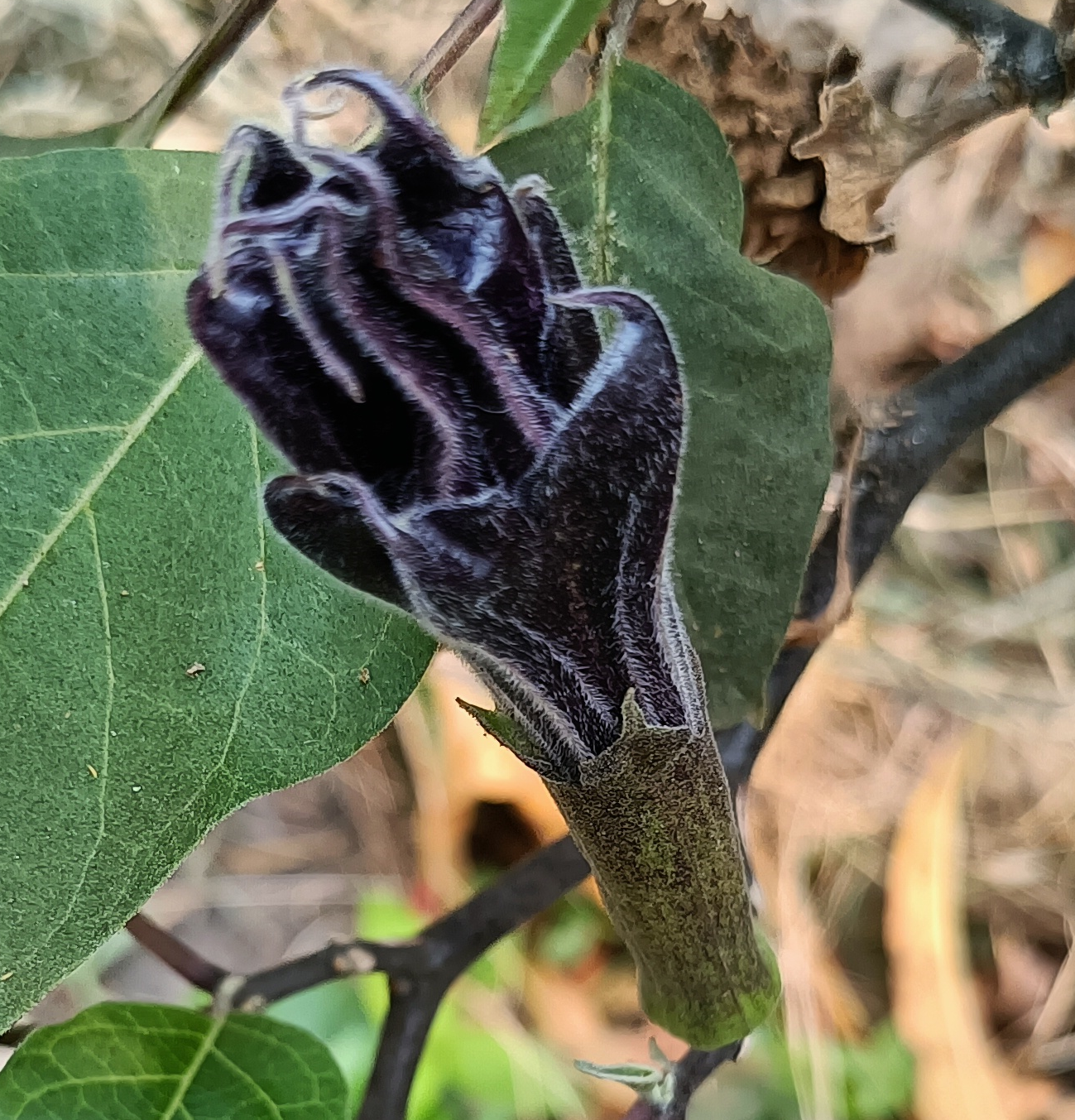

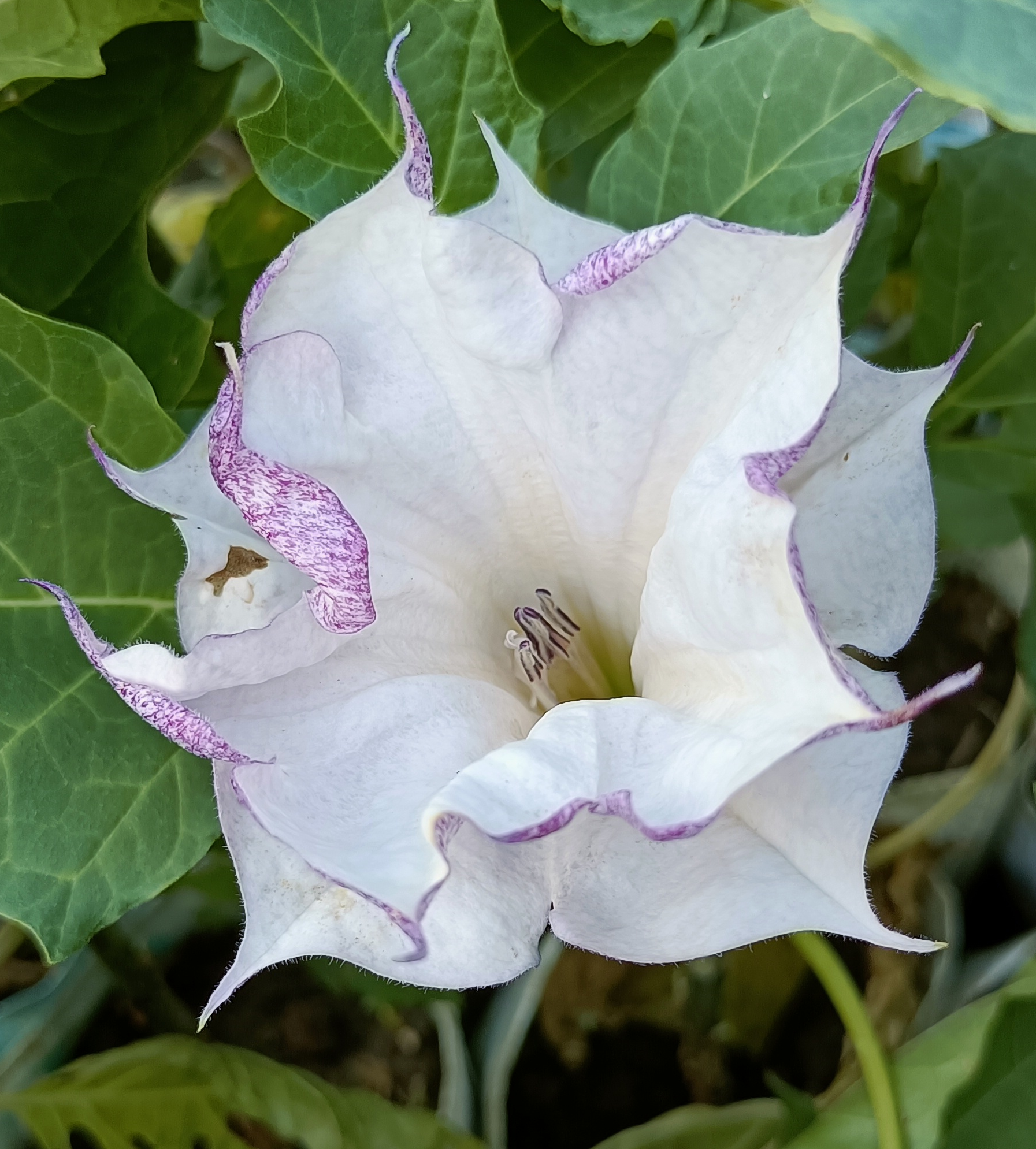
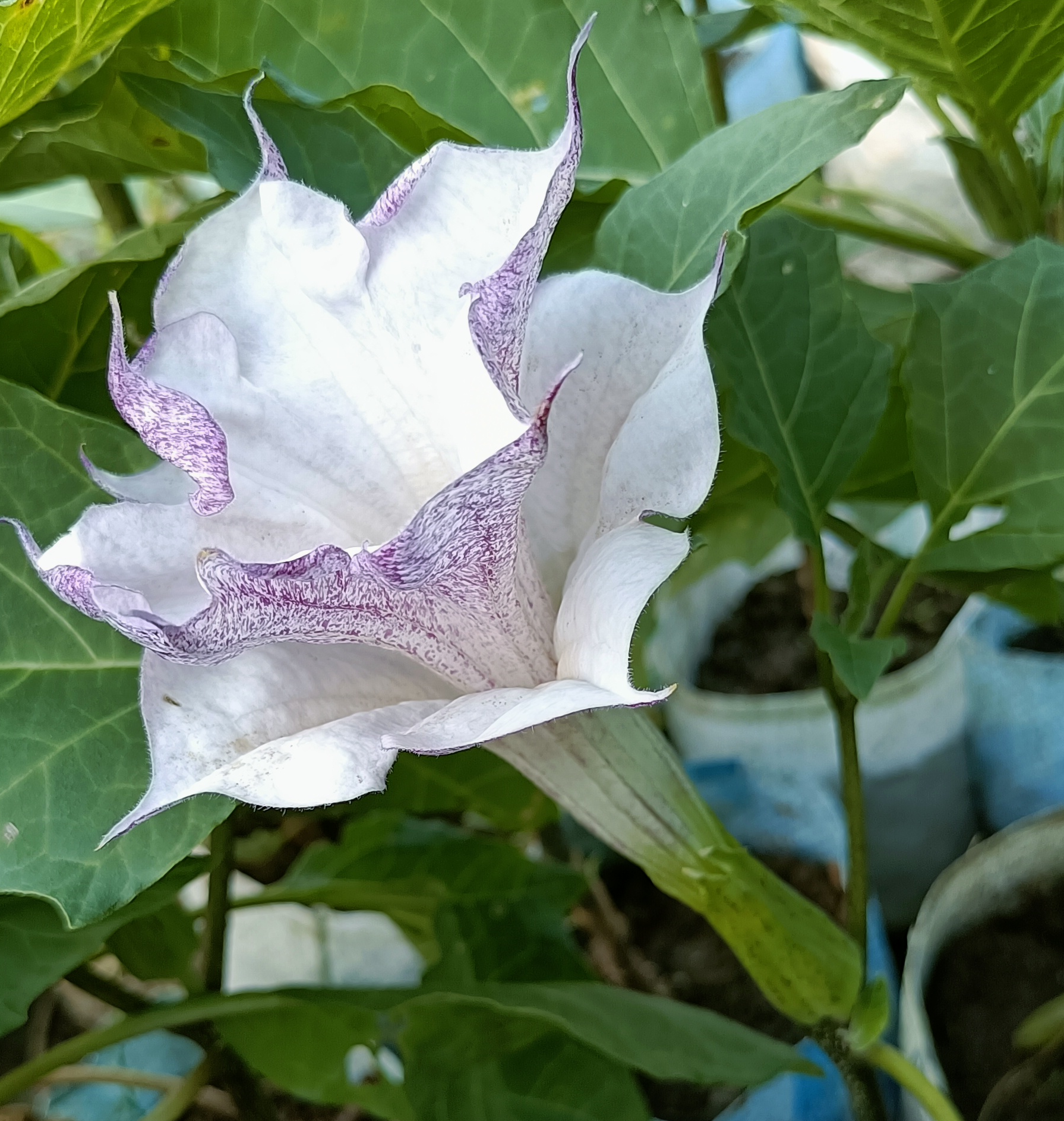
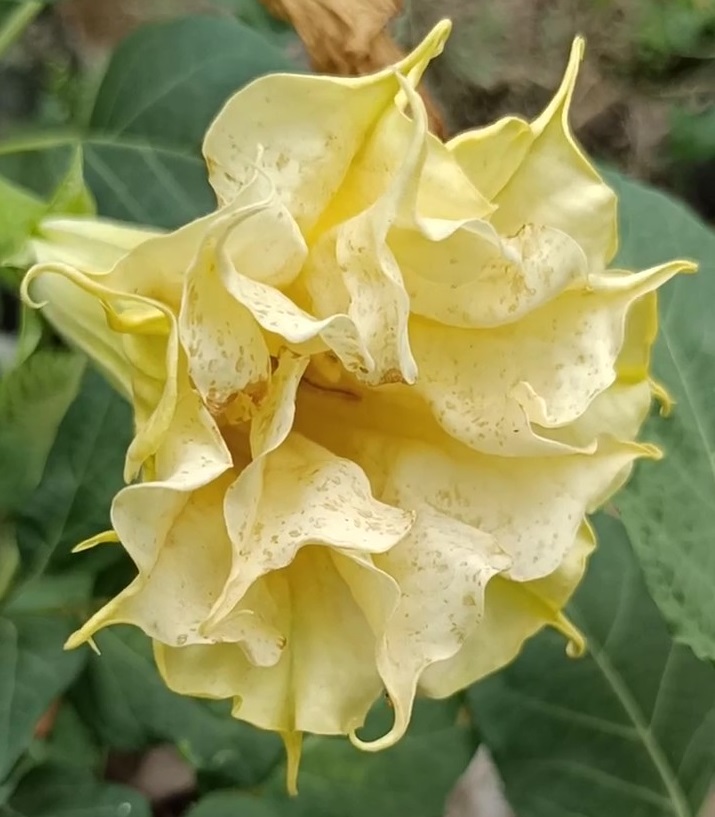
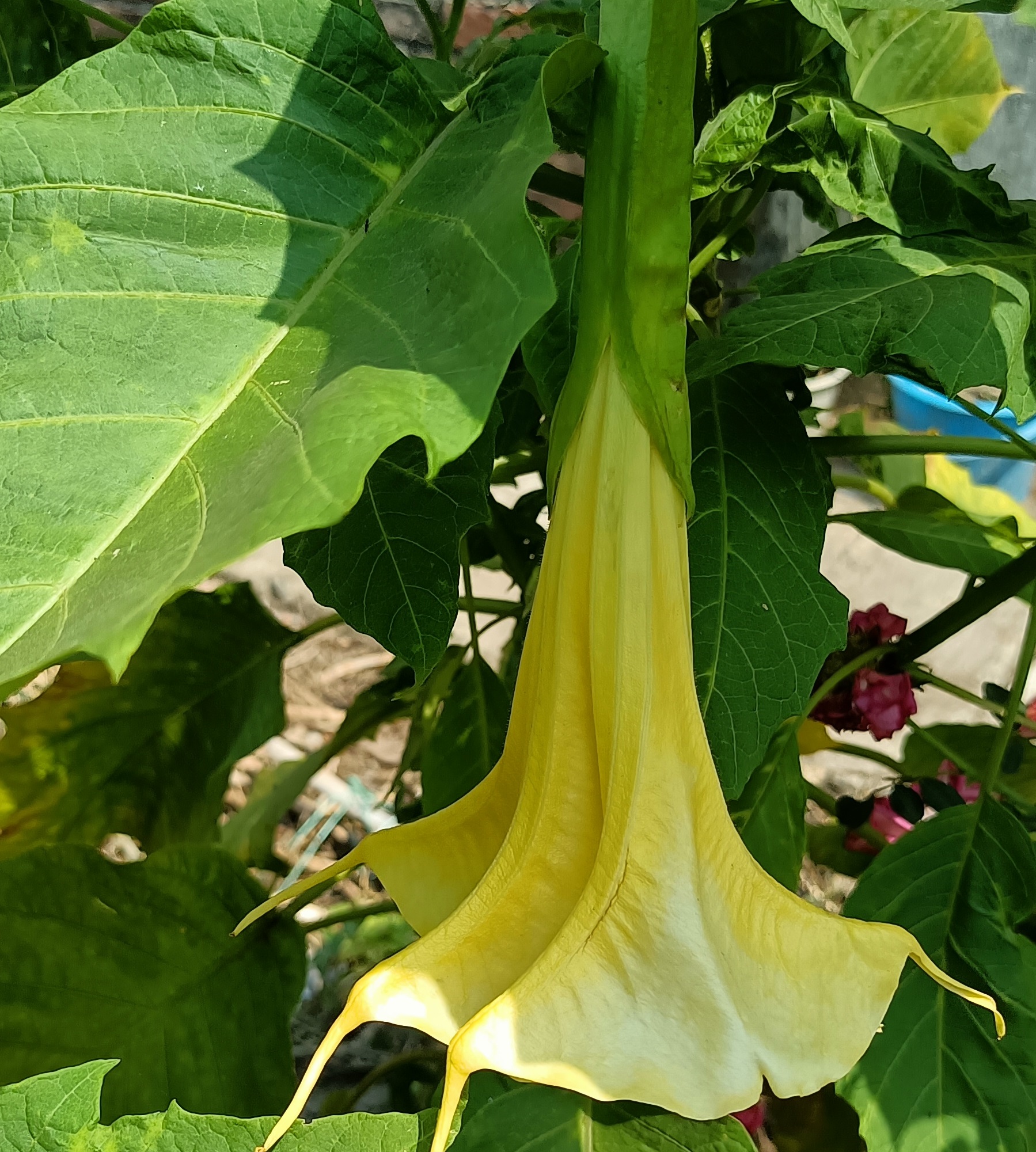
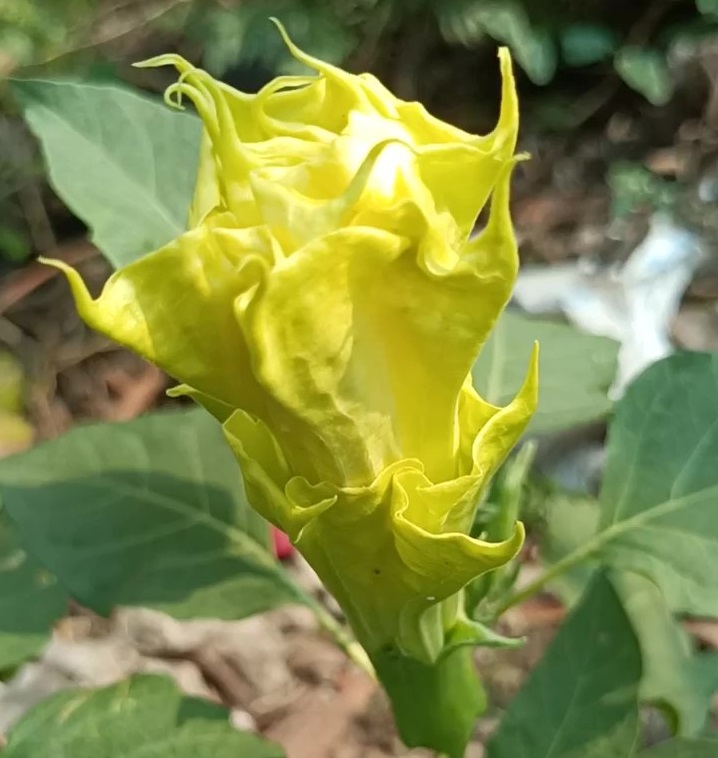
Dhatura Plant Video: ( Buy Now::)
Benifits Of Dhatura Plant and Flowers:
- The fine paste of Dhatura plant leaf reduce swelling.
- It is used to treat male pattern baldness and premature hair loss and greying.
